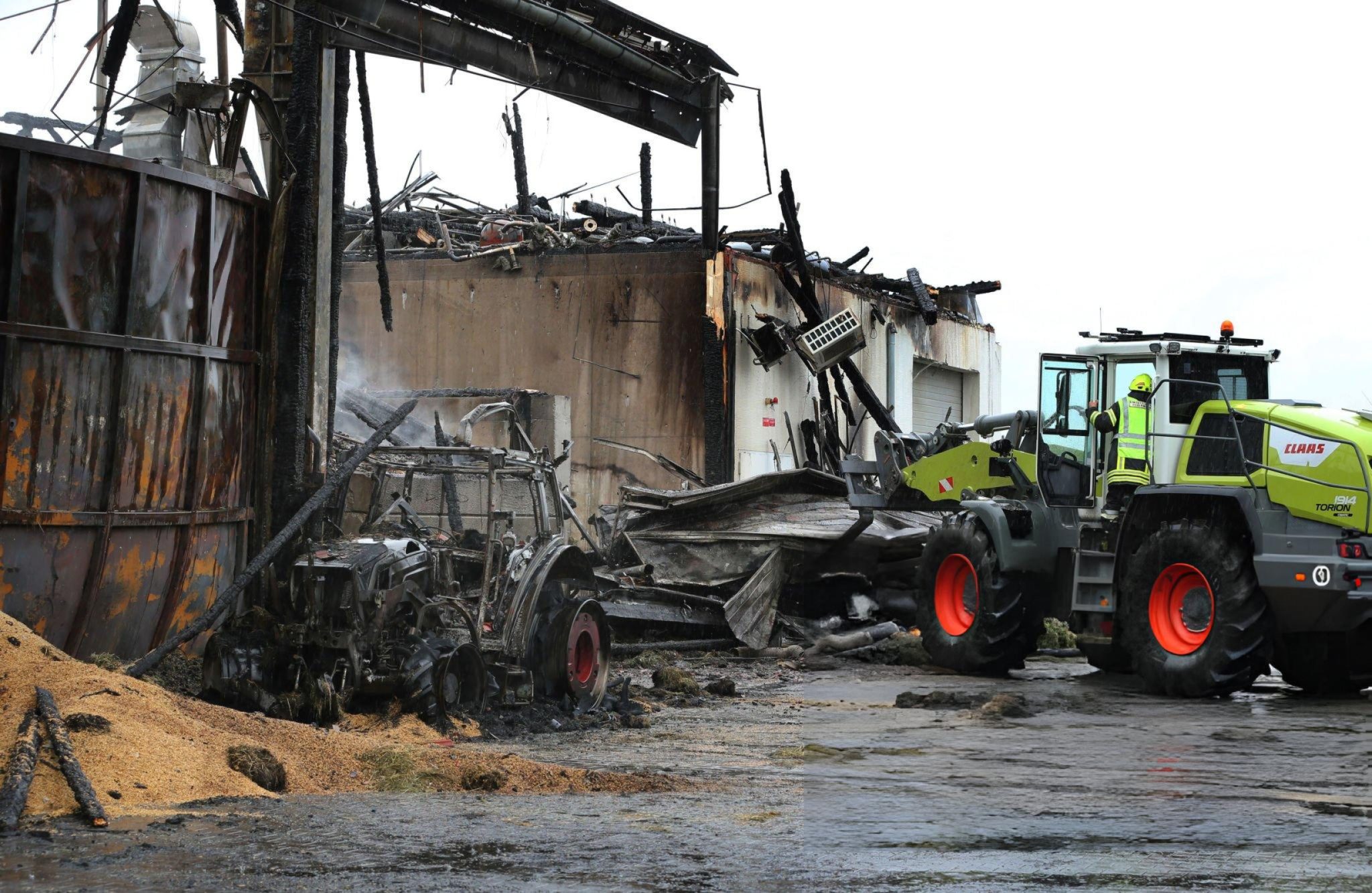It means the ICJ passed a landmark ruling that declared the presence of Israel in occupied territories of Palestine illegal and to be ended. This decision made a remarkable moment in international law and geopolitics with the conflict still raging between Israel and Palestine and the stand of the international community on it.
The judgment of the ICJ deals upon a very complicated, incidental, and highly contentious matter that has been laying at the heart of the Israeli-Palestinian conflict for years. The rationale for such a ruling by the court is premised upon reading the inferences surrounding the issue of international law, particularly that an occupying power is barred from altering the demographic composition of occupied territories and does regulate settlement activities under the Fourth Geneva Convention.
The ruling points to the international community’s position on whether Israel is legally present within the territory of the West Bank, East Jerusalem, and the Gaza Strip—land it has occupied since the Six-Day War in 1967. The uncanny stance of the court reflects the vast consensus that exists within the international legal community and among many important states that the occupation and the settlements therein are illegal under international law.
This has to be one of the prime features of the ICJ decision, which lays complete emphasis on the illegality of Israeli settlements in the occupied territories. The court has been clear that these settlements, established by Israeli authorities and involving the transfer of Israeli civilians into Palestinian land, break the international legal order. It is explicitly prohibited under the Fourth Geneva Convention to which Israel is a party, and the judgment simply reiterates the same.
The ICJ ruling brings out the necessity for Israel to stop its settlement and occupying those territories. The ruling said the practice of the population of Palestine shall continue not to be negatively impacted further and that it increases conflagration in the area. It is stressed that the deadlock of the occupation and expansion of the settlements will have a hazardous effect on a negotiated two-state solution. A solution for the Israeli-Palestine conflict is and will be, of course, a stone for international diplomacy.
The judgment has broader implications for the conflict between Israel and Palestine than humanly realized. To the Palestinians, it will be considered a validation of their claims and grievances in the face of the occupation and settlement activities. It gives them formal legal underwriting to justify their nature of existence and the need for stopping practices that they think undermine their sovereignty and rights.
“This puts the country in a complicated situation. Israel has all along claimed that the interpretation of international law in which the ICJ made its ruling was erroneous. Israeli officials advance that the occupation and other settlement activities are security-based, and so the court’s decision does not factor in the complexities of the situation on the ground.”. How Israel responds to the decision will probably have a big say in terms of how the ruling will affect the dynamics of the conflict and how the international community will engage in trying to bring conflict resolution closer to reality.
The ICJ’s ruling also puts the international community under pressure to an obligation to do several steps because of the judgment. The court’s conclusion requires actions to implement compliance with international law; it seeks to stem the tide with a rising wave of outrage caused by continued occupation. This can translate into diplomatic initiatives, sanctions, and other forms of incentive to adherence to the court’s ruling and effectuating steps toward finding a resolution to the conflict.
Beyond its legal effects, the decision of the ICJ becomes another point of discussion related to the lifelong struggles and challenges the region has faced in regards to attaining any peace and reconciliation. The judgment underlines the call for a negotiated solution under such terms that will ensure the legitimate rights and aspirations of Israelis and Palestinians.
The judgment also fluidly states that international jurisdictions are well-equipped to deal with conflicts and enforce international law. The paramount role that the ICJ plays as the principal judicial organ of the UN acts to settle disputes and provide legal advice with regard to questions submitted by national authorities falls beyond word limits. The case again says that the court maintained international norms and principles despite long-standing conflicts and contention.
As the international community absorbs the implications of the ICJ’s ruling, attention will be focused on the responses of the parties and the potential impact on the peace process. The decision may set the tone for further diplomatic efforts, public opinion influence, and further dialogue on the resolution of one of the toughest conflicts of our time.
The ICJ decision on the legality of Israel’s presence in the occupied territories of Palestine is a development of great importance in the field of international law and the long-running Israeli-Palestinian conflict. At the same time, it reaffirms the fact that settlement activities are illegal and occupation must be ceased. It will have immense consequences for the Palestinians and Israelis and the international community as well. The ruling thus underscores the fact that efforts should continue toward resolving the conflict and working toward a just and lasting solution.







